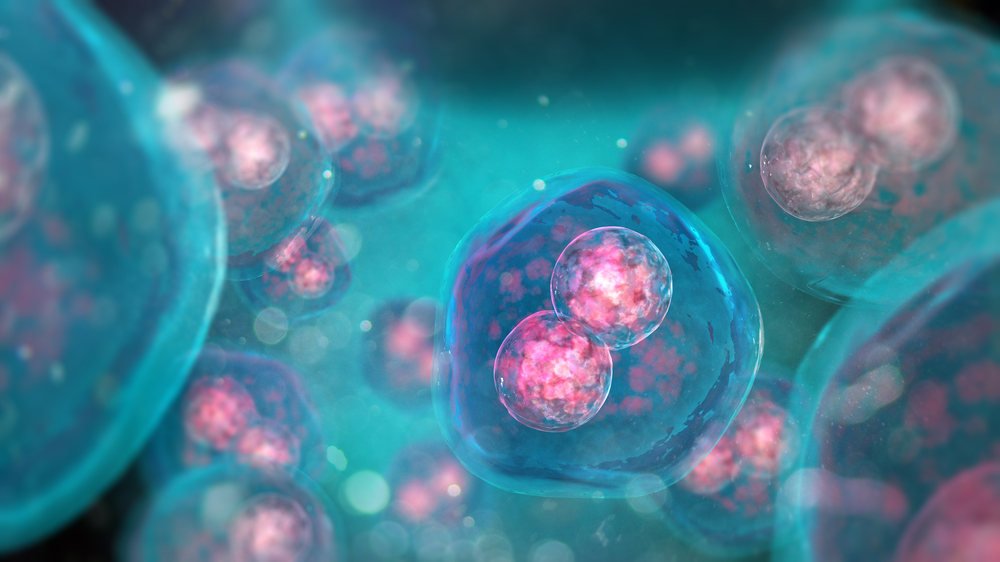Intense research has been conducted to improve understanding of the pathophysiology (functional changes associated with the disease) of endometriosis over the past few decades. Nevertheless, no definitive answer has been put forward.
Researchers from the Queen’s University, Kingston, Canada have reviewed and put together an article that tries to describe the current knowledge on endometriosis pathophysiology. The paper entitled “Pathophysiology and Immune Dysfunction in Endometriosis” was just published in the BioMed Research International journal.
Endometriosis is a very frequent lifelong and hormone-dependent condition affecting as much as 10% of women of reproductive age and is caused when cells similar to those in the inner lining of the uterus (endometrium) begin to grow outside the uterus, usually in the pelvic cavity of the abdomen. The inflammation associated with the cyclic detachment of cells from the wrong site during menstruation is responsible for its symptoms, usually infertility, pelvic pain, painful menstruation and painful sexual intercourse.
Most recent studies indicate there are alterations of the immune function associated with endometriosis. High levels of inflammatory substances (cytokines) are found in the peritoneal fluid and may have a role in the survival of endometriotic lesions. These cause the development of new vessels (neovascularization) as a result of growth factors’ production (substances like VEGF) and the recruitment of cells from the bone marrow, which are exploited by endometriosis lesions for nutrient uptake and waste elimination.
Immune cells are also functionally different (dentritic cells, natural killer cells, macrophages and neutrophils have been implicated) and may help in the implantation and survival of endometriotic cells outside the uterus. Although there are other activating mechanisms, the local production of estrogen (estradiol) hormone by the lesions maintains these signals activated. However, it is still not known if an altered immune response is the cause or merely a consequence of endometriosis.
Based on these immune function alterations, it is debatable whether to consider endometriosis an inflammatory condition or an autoimmune disorder. Further research will be necessary to improve our understanding of endometriosis and enhance possible therapeutic approaches to the disease.

